Best movies & TV Shows like Britain on Film
A unique, carefully handpicked, selection of the best movies like Britain on Film . If you liked Britain on Film then you may also like: The Wonderful, Horrible Life of Leni Riefenstahl, Of Time and the City, Roundhay Garden Scene, A Decade Under the Influence, Our Platinum Queen: 70 Years on the Throne and many more popular movies featured on this list. You can further filter the list even more or get a random selection from the list of similar movies, to make your selection even easier.
Series using the Rank Organisation's "Look at Life" documentary shorts to examine British society during the 1960s.
Britain on Film
You may filter the list of movies on this page for a more refined, personalized selection of movies.
Still not sure what to watch click the recommend buttun below to get a movie recommendation selected from all the movies on this list
Of Time and the City
A heart-stirring meditation on time, memory and mortality, “Of Time and the City” is Terence Davies’ poetic, conflicted ode to his birthplace of Liverpool, England. The visual content of the film consists largely of archival clips of the city from the 1940s to the 1960s, their nostalgic charm darkened by accompanying music and the counterpoint of Davies’ dry, at times dyspeptic, voice-over narration. His voice thickens with emotion as he recalls the delights of juvenile movie-going or the ritual of a holiday trip to New Brighton, across the River Mersey, and hardens with contempt when he turns his gaze on the hoopla surrounding Queen Elizabeth’s coronation in 1953. The film is a powerful evocation of the director's youth in post-war Britain and a reflection on how his home city has changed over the years.
Roundhay Garden Scene
The earliest surviving celluloid film, and believed second moving picture ever created, was shot by Louis Aimé Augustin Le Prince using the LPCCP Type-1 MkII single-lens camera. It was taken in the garden of Oakwood Grange, the Whitley family house in Roundhay, Leeds, West Riding of Yorkshire (UK), possibly on 14 October 1888. It shows Adolphe Le Prince (Le Prince's son), Mrs. Sarah Whitley (Le Prince's mother-in-law), Joseph Whitley and Miss Harriet Hartley walking around in circles, laughing to themselves and keeping within the area framed by the camera. The Roundhay Garden Scene was recorded at 12 frames per second and runs for 2.11 seconds.
A Decade Under the Influence
A documentary examining the decade of the 1970s as a turning point in American cinema. Some of today's best filmmakers interview the influential directors of that time.
Our Platinum Queen: 70 Years on the Throne
Historians examine the history of Queen Elizabeth II, England's longest running queen,including the untimely death of her father, her actions in England's ex-colonies and the current state of the royal family.
London Can Take It!
A tribute to the courage and resiliency of Britons during the darkest days of the London Blitz.
Hide and Seek
Mixes documentary interviews of memories of lesbian adolescence with the story of the 12-year-old girl Lou discovering her sexuality in 1960s America.
The Loving Story
This documentary film tells the dramatic story of Richard and Mildred Loving, an interracial couple living in Virginia in the 1950s, and their landmark Supreme Court Case, Loving v. Virginia, that changed history.
David Attenborough's Natural History Museum Alive
Regular opening times do not apply as we accompany Sir David Attenborough on an after-hours journey around London’s Natural History Museum, one of his favourite haunts. The museum's various exhibits coming to life, including dinosaurs, reptiles and creatures from the ice age. Shot by the same 3D team that worked on Gravity, examines how the animals and creatures at the London museum once roamed the earth.
James Mason: The Star They Loved to Hate
Retrospective of the life and movie work of British actor James Mason. The documentary presents interview footage interspersed with some movie excerpts, mainly from his pre-hollywood period.
Secrets of Body Language
Humans can communicate volumes without ever opening their mouths, all through the amazing power of body language. This surprising History Channel presentation explores the subtle art of silent (and sometimes, inadvertent) signals, and examines the ways in which political leaders and celebrities use the method to entice audiences to trust and follow them.
When Football Banned Women
Clare Balding uncovers the remarkable hidden history of women's football, which briefly dominated the game, attracting crowds of up to 60,000, before a Football Association ban in 1921
Hitler's Britain
A "What if?" alternative history sees Nazi Germany prevailing in the second World War. First the occupiers establish their power bases, before they find themselves under attack from the underground resistance.
Inquiry: The Great British Housing Disaster
David Jones investigates how 1960s council housing came to be built so poorly that thousands later needed to be demolished.
Zombiemania
The evolution of the zombie from its roots in Haitian voodoo to its coveted role as the world's most popular monster: from being a clumsy corpse to becoming a cannibal killer and the main agent of every infectious pandemic, the zombie has come a long way in seventy years. A look at the rising tide of zombie culture examining why something so dead has so much life in viewers' nightmares and at the box office.
What's My Line At 25
A retrospective of the classic game show, What's My Line, in which a four-member celebrity panel attempted to identify a contestant's occupation through yes or no questions. In addition, each episode featured a celebrity mystery guest that the panelists tried to identify the guest while blindfolded. The show ran from 1950-1967 and prominently featured John Daly, Bennett Cerf, Arlene Francis, and Dorothy Kilgallen. This documentary looked back on the show 25 years after it premiered.
1966: A Nation Remembers
1966 was both the first and only time England hosted - and won - the football World Cup. 30th July was the day of the final, and exactly 50 years to that day later, those people who were there reminisce.
Behind the Music
An intimate look into the personal lives of pop music's greatest and most influential artists.
The Eighties
The third installment from executive producers Tom Hanks, Gary Goetzman and Mark Herzog, following in the footsteps of critically-acclaimed series THE SIXTIES and THE SEVENTIES, tackles 10 years shaped by exceptionalism and excess. Like its predecessors, THE EIGHTIES intersperses rare archival newsreel footage, interviews, and comments by historians, journalists, politicians, celebrities and others, painting a perspective-rich picture of a vibrant decade. Episodes examine the age of Reagan, the AIDS crisis, the end of the Cold War, Wall Street corruption, the evolving TV and music scene, and everything in between.
Pennyworth: The Origin of Batman's Butler
The origin story of Bruce Wayne's legendary butler, Alfred Pennyworth, a former British SAS soldier who forms a security company in 1960s London and goes to work with young billionaire Thomas Wayne and his wife Martha, before they become Bruce Wayne’s parents.
American Experience
TV's most-watched history series brings to life the compelling stories from our past that inform our understanding of the world today.
Pandora's Box
Pandora's Box is a six-part 1992 BBC documentary television series which examines the consequences of political and technocratic rationalism. The episodes deal, in order, with communism in The Soviet Union, systems analysis and game theory during the Cold War, economy in the United Kingdom during the 1970s, the insecticide DDT, Kwame Nkrumah's leadership in Ghana during the 1950s and 1960s and the history of nuclear power.
Seven Wonders of the Industrial World
Seven Wonders of the Industrial World is a 7-part British documentary/docudrama television miniseries that originally aired from 4 September 2003 to 16 October 2003 on BBC. The programme examines seven engineering feats that occurred during the Industrial Revolution.
Battlefield Britain
Peter and Dan Snow take an in-depth look at the battles that shaped our nation using state-of-the-art graphics.
Eyes on the Prize
The definitive story of the Civil Rights era from the point of view of the ordinary men and women whose extraordinary actions launched a movement that changed the fabric of American life, and embodied a struggle whose reverberation continue to be felt today.
The Twenties In Colour
Thirties in Colour: Countdown to War takes black-and-white films from the era and colourises the footage, bringing the past vividly back to life.
America: The Story of Us
America: The Story of Us is a six-part, 12-hour documentary-drama television miniseries that premiered on April 25, 2010, on History channel. Produced by Nutopia, the program portrays more than 400 years of American history. It spans time from the successful English settlement of Jamestown beginning in 1607, through to the present day. Narrated by Liev Schreiber, the series recreates many historical events by using actors dressed in the style of the period and computer-generated special effects. The miniseries received mixed reviews by critics; but it attracted the largest audiences of any special aired by the channel to date.
TOWN with Nicholas Crane
TOWN with Nicholas Crane is a BBC [documentary] series produced by Tern TV and first broadcast on BBC Two in 2011. It covers various subjects about the history and development of towns in the United Kingdom. The series is presented by geographer Nicholas Crane. Each four-part series covers one town per hour-long episode, and documents the benefits of life in a town as compared with a larger city.
Finding Your Roots
Noted Harvard scholar Henry Louis Gates, Jr. has been helping people discover long-lost relatives hidden for generations within the branches of their family trees. Professor Gates utilizes a team of genealogists to reconstruct the paper trail left behind by our ancestors and the world’s leading geneticists to decode our DNA and help us travel thousands of years into the past to discover the origins of our earliest forebears.
Reputations
Documentary profiles examining well-known figures from the world of entertainment and history.
She-Wolves: England's Early Queens
Historian Dr Helen Castor explores the lives of seven English queens who challenged male power, the fierce reactions they provoked and whether the term 'she-wolves' was deserved.
Queen Victoria's Empire
At the time of Queen Victoria’s birth in 1819, England was an agrarian society. Within a few short decades, this small island nation would be transformed into an industrial superpower, with an empire spanning the globe.
Hollywood U.K.: British Cinema in the Sixties
Five programmes that trace a remarkable decade in British film-making through interviews with its stars and directors.
Britain's Great War
In a landmark history series, Jeremy Paxman describes how the First World War transformed the lives of the British people, and helped shape modern Britain.
Secrets of Great British Castles
Historian Dan Jones explores the millennium of history behind six of Great Britain's most famous castles: Warwick, Dover, Caernarfon, the Tower of London, Carrickfergus, and Stirling.
A Timewatch Guide
Series looking at how the BBC has revealed and interpreted monumental moments in our history. Using the BBC archive, the programmes examine changes in research covered in documentary television.
Mark Kermode's Secrets of Cinema
Mark Kermode reveals the film-making tricks and techniques behind classic movie genres, from romcoms to horrors.
Eli Roth's History of Horror
An in-depth look at the history and pop cultural significance of horror films.
Making Sense of the Sixties
A look back at one of the most turbulent decades of America's recent history, this documentary examines the political and cultural changes, from the assassinations of JFK, RFK and MLK to the rapidly escalating war in Vietnam to the wonder of the moon landing, that shaped the era and left an indelible mark on later decades.
The Battle of Britain: 3 Days That Saved the Nation
Dan Snow and Kate Humble present a three-part guide to the critical aerial battle that changed the course of the Second World War, featuring personal stories of pilots, ground crews and members of the public. The first episode tracks the first skirmishes of the three-day battle,as the Luftwaffe began an all-out assault to rid Britain of air power prior to a land invasion. The first skirmishes were being tracked by a 19-year-old WAAF member in a secret London bunker, and her secret diaries provide fresh insight into the strategies behind the aerial combat.
The G Word with Adam Conover
Love it or hate it, the government plays a huge role in our lives. Adam Conover explores its triumphs, failures and how we might be able to change it.
Extra Life: A Short History of Living Longer
Explore the science and medical innovations that conquered some of the world's deadliest diseases and doubled life expectations for many across the globe.
A Very British Scandal
The true story of a duchess publicly shamed in a high society divorce that gripped the nation.
Trainwreck: Woodstock '99
Woodstock 1969 promised peace and music, but its '99 revival delivered days of rage, riots and real harm. Why did it go so horribly wrong?
Russia 1985-1999: TraumaZone
What it felt like to live through the collapse of communism and democracy. A series of films by Adam Curtis.
The 1619 Project
In keeping with the original project, this series seeks to reframe the country's history by placing the consequences of slavery and the contributions of Black Americans at the very center of our national narrative.
The House of Paisley
Preacher, populist, politician - the electrifying rise of the Reverend Ian Paisley.














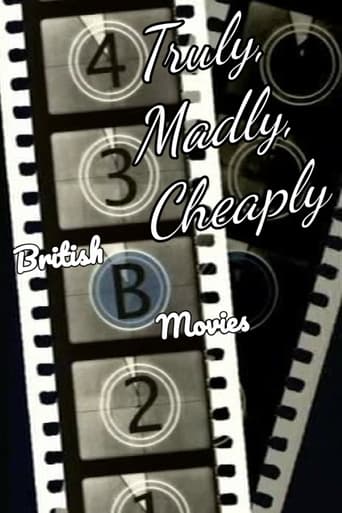



































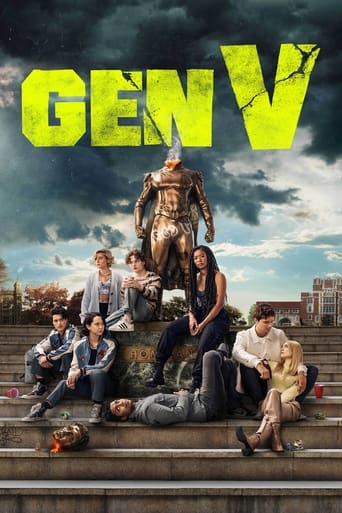
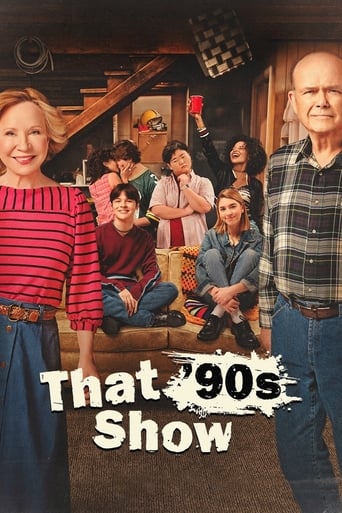
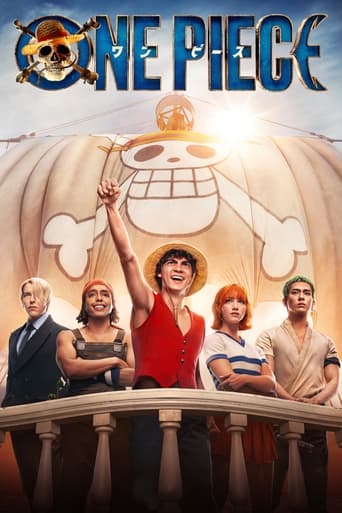
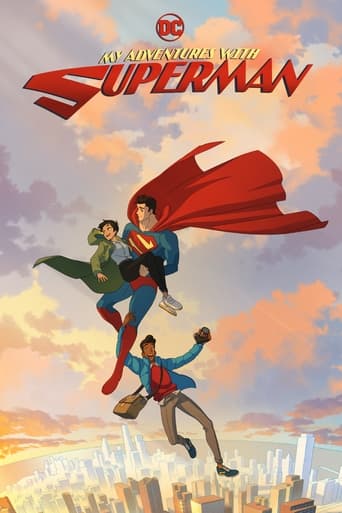
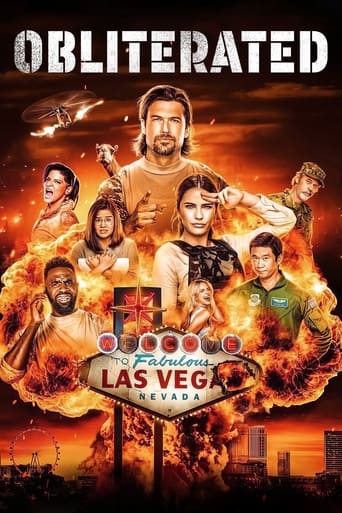
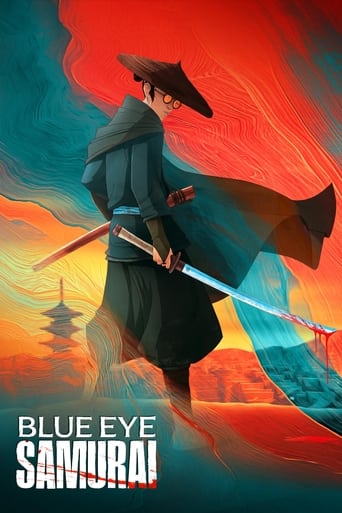
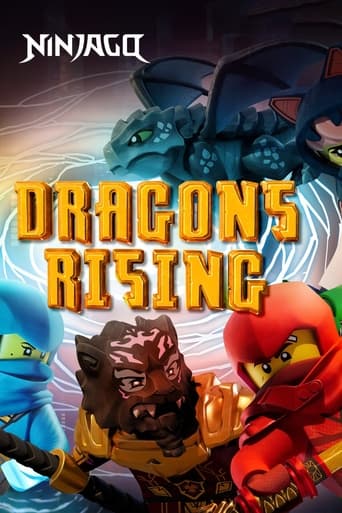
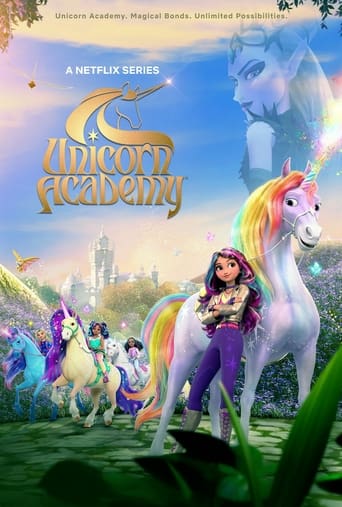



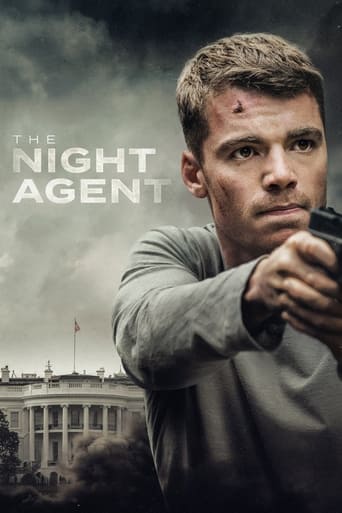
The Wonderful, Horrible Life of Leni Riefenstahl
This documentary recounts the life and work of one of most famous, and yet reviled, German film directors in history, Leni Riefenstahl. The film recounts the rise of her career from a dancer, to a movie actor to the most important film director in Nazi Germany who directed such famous propaganda films as Triumph of the Will and Olympiad. The film also explores her later activities after Nazi Germany's defeat in 1945 and her disgrace for being so associated with it which includes her amazingly active life over the age of 90.